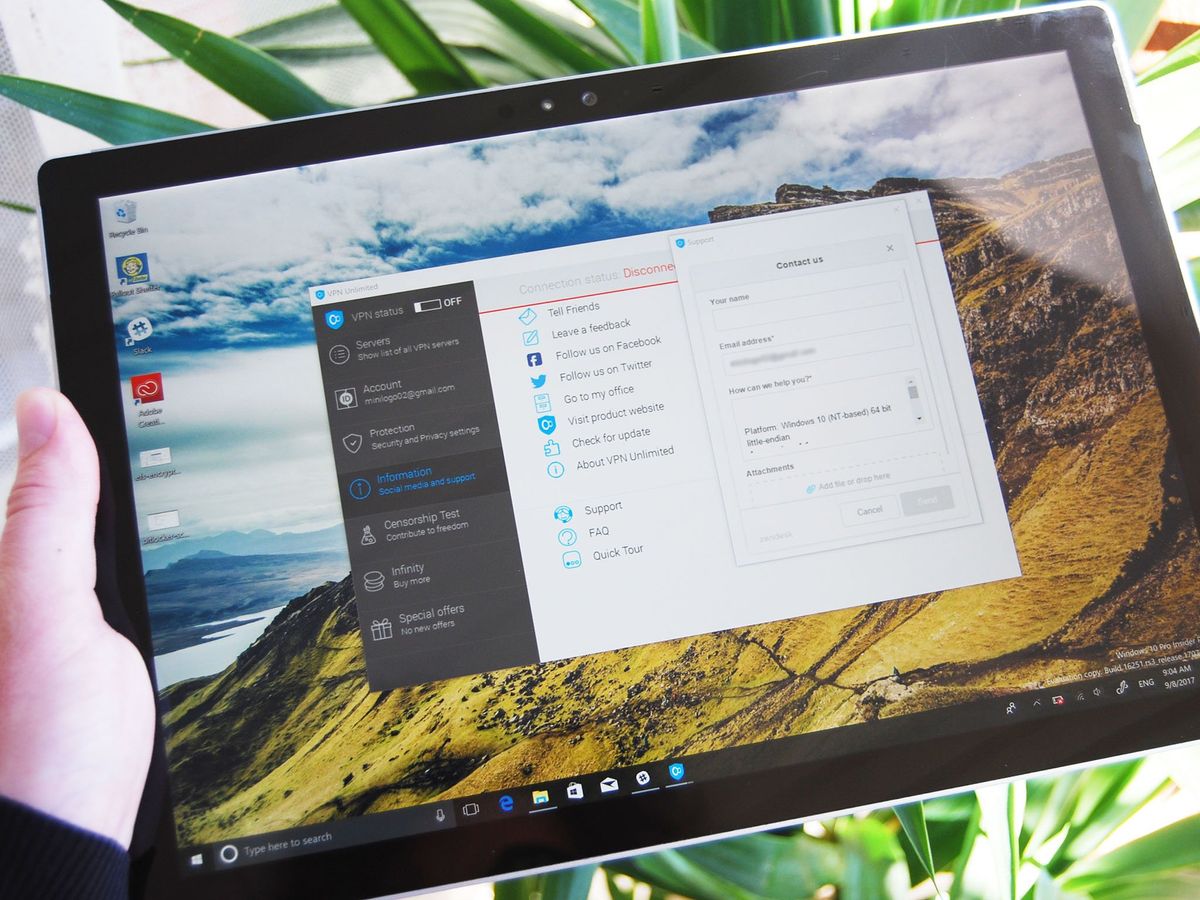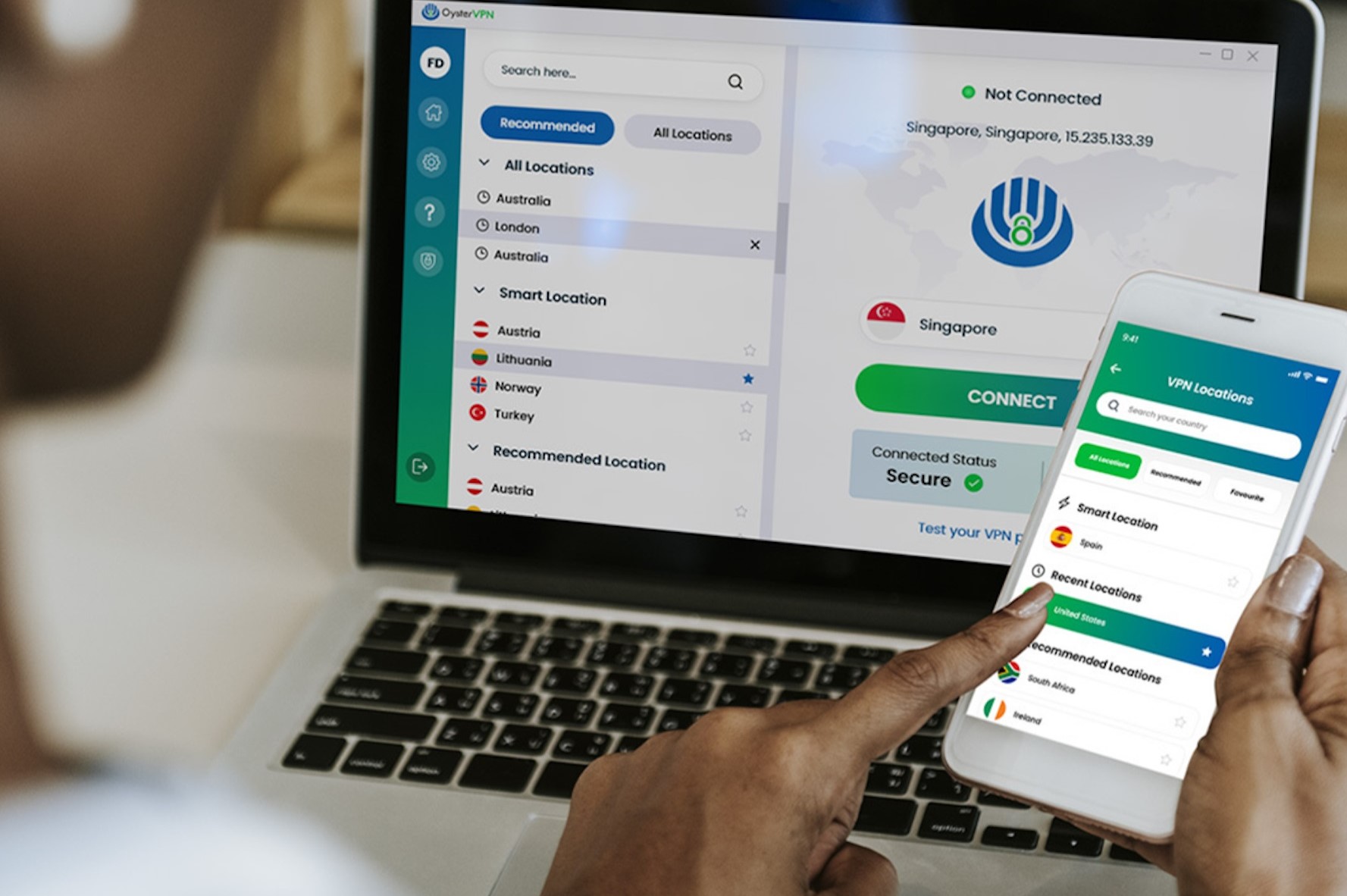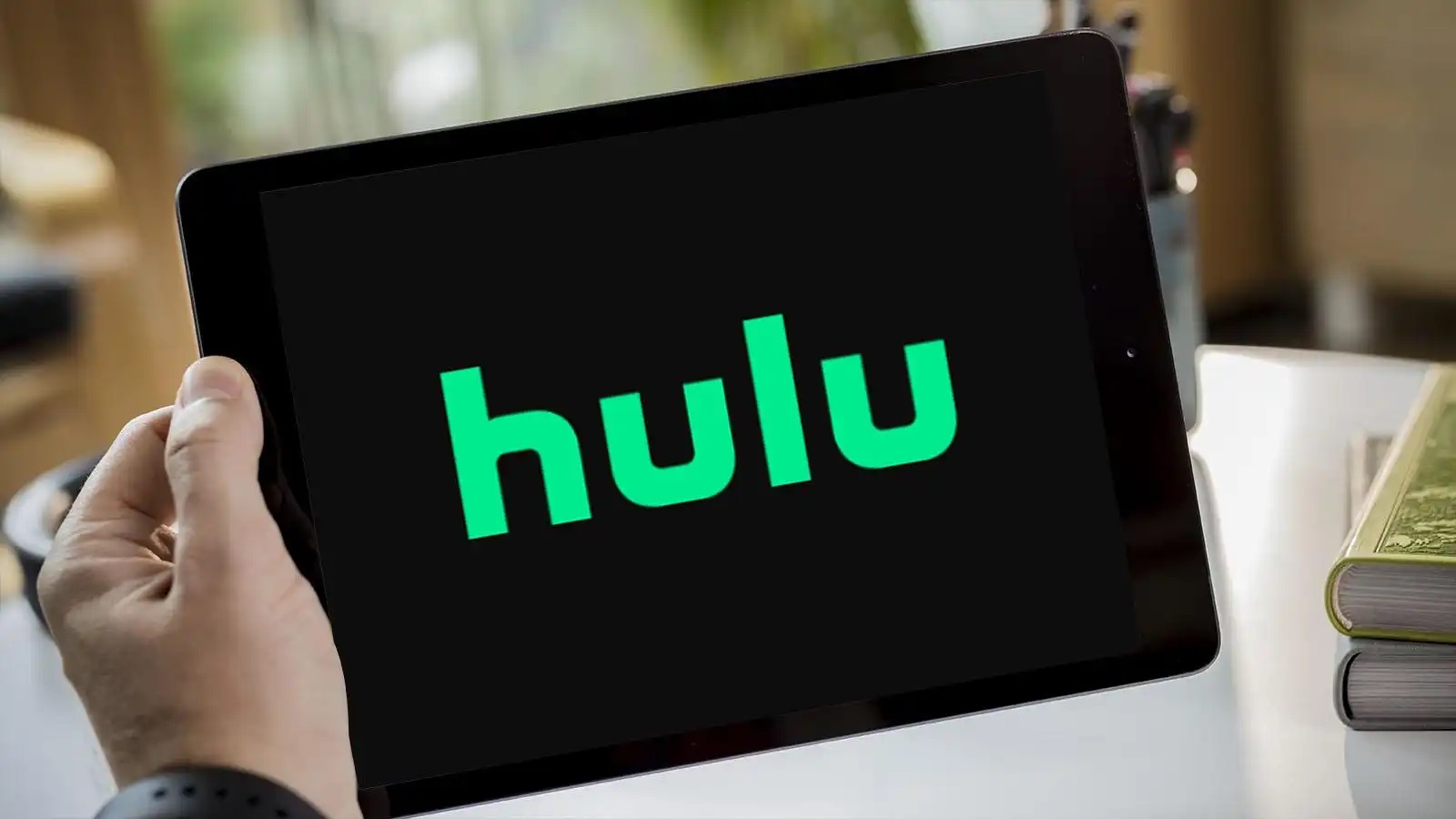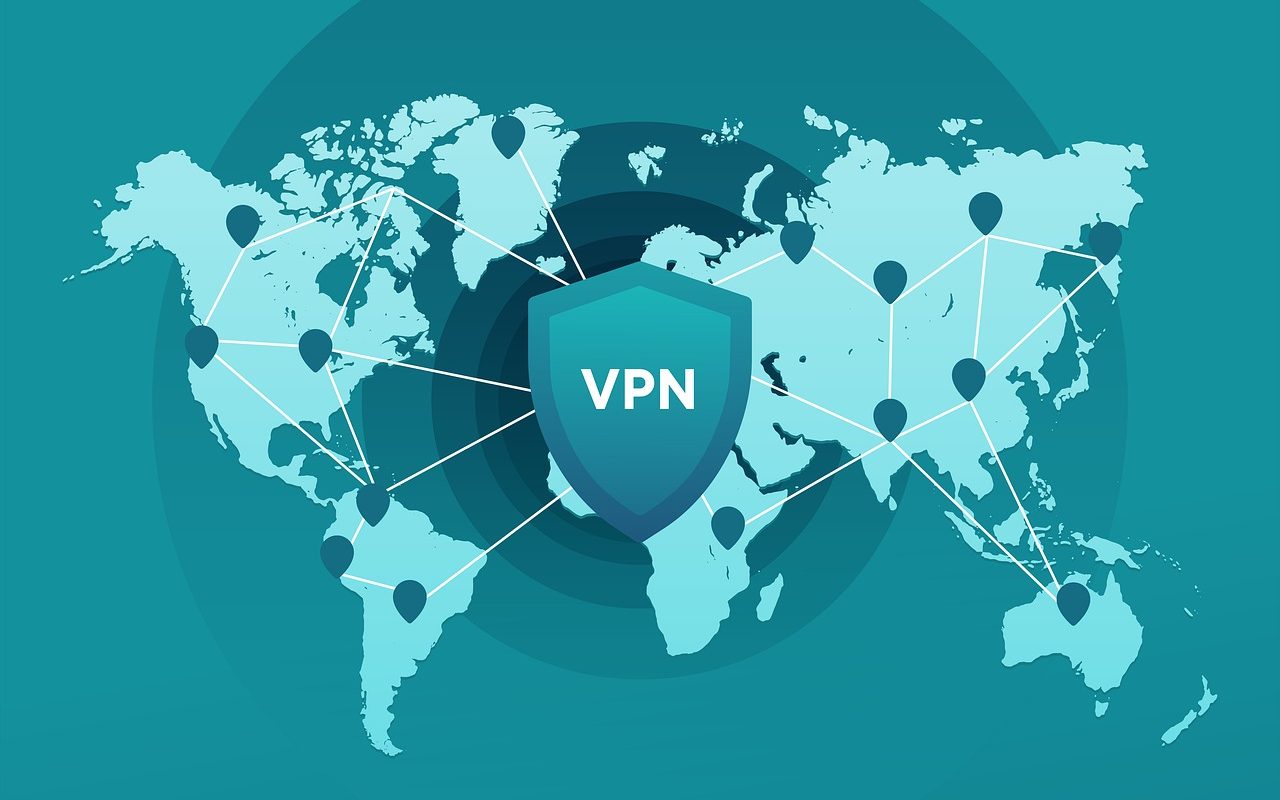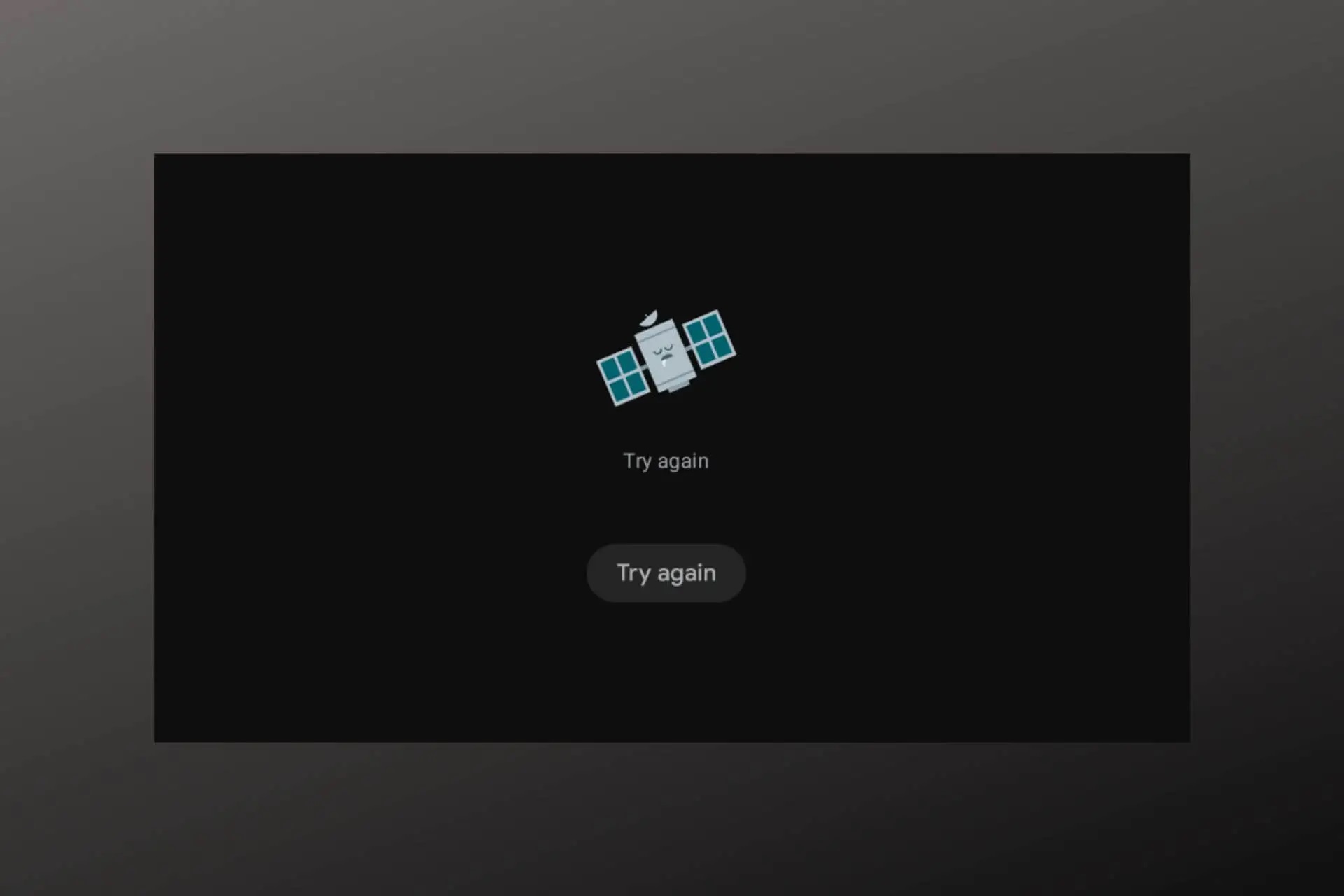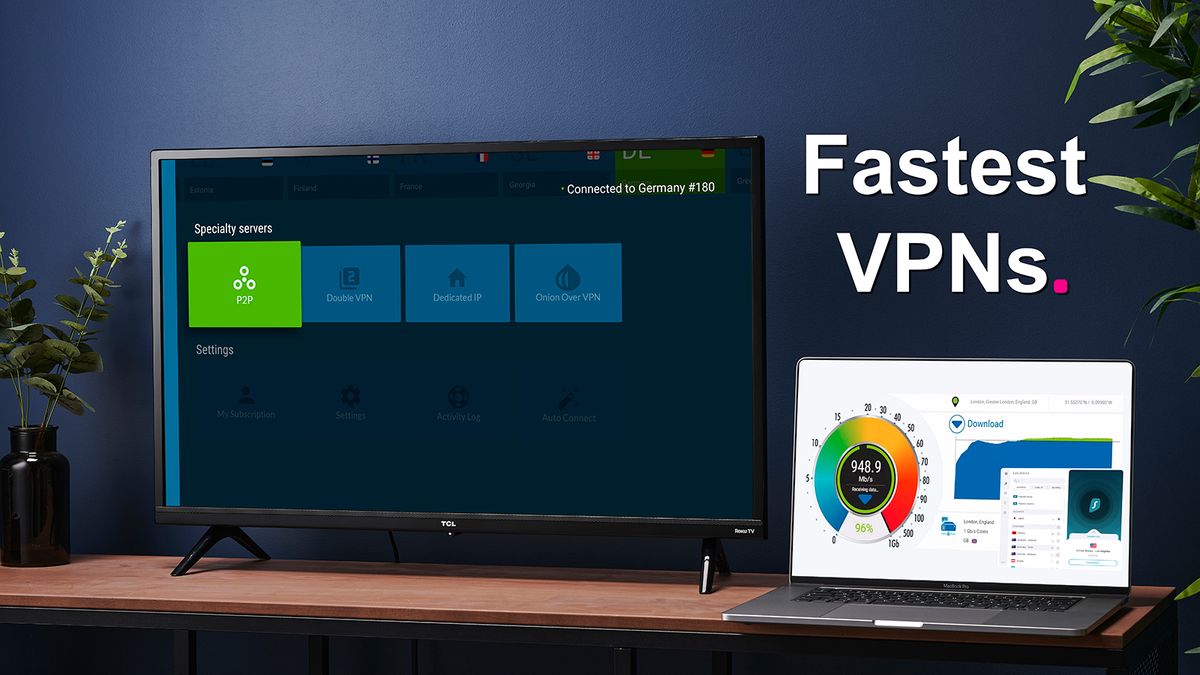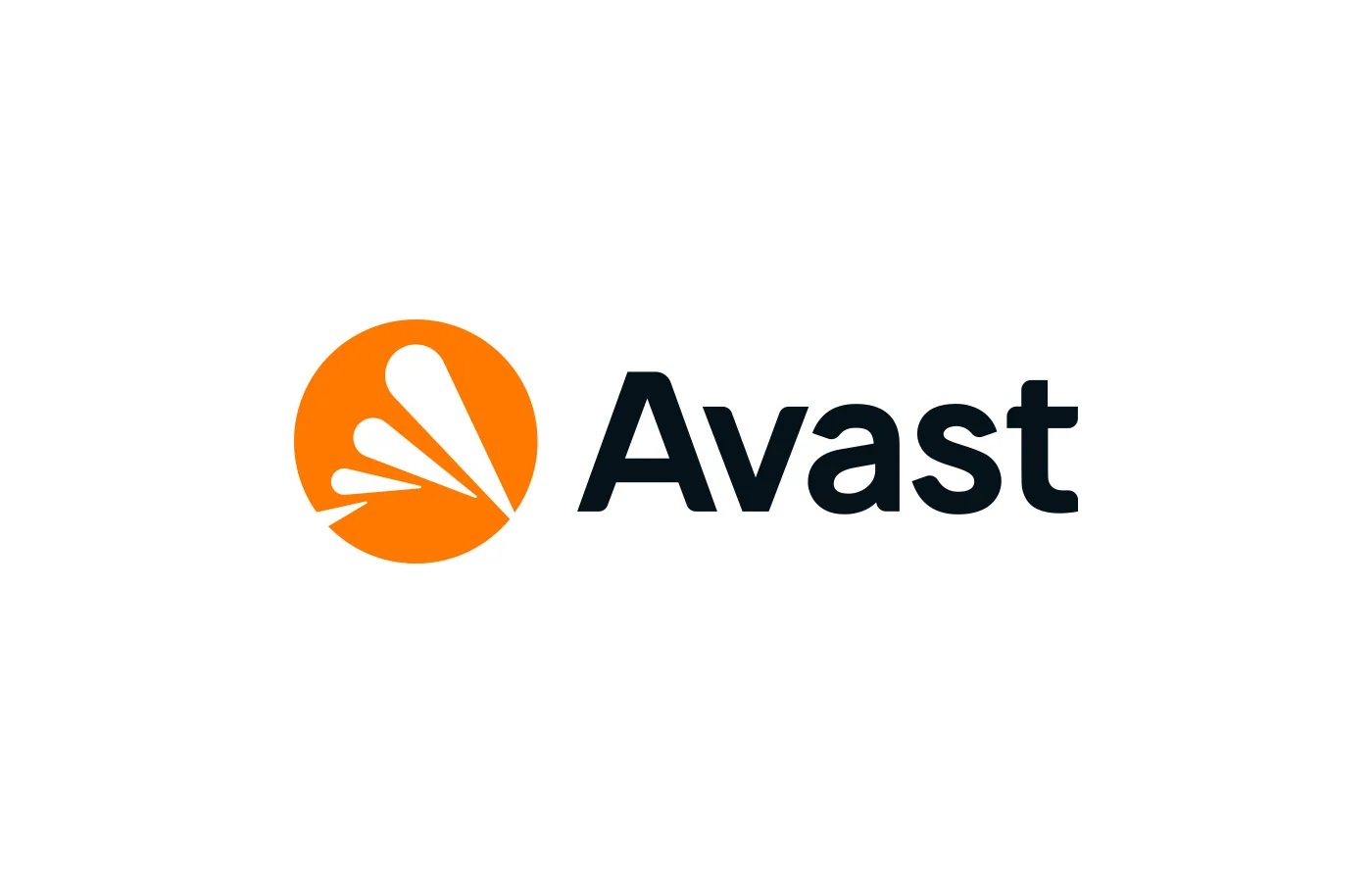Home>Software and Apps>Anonymous Payment Methods for VPN Services
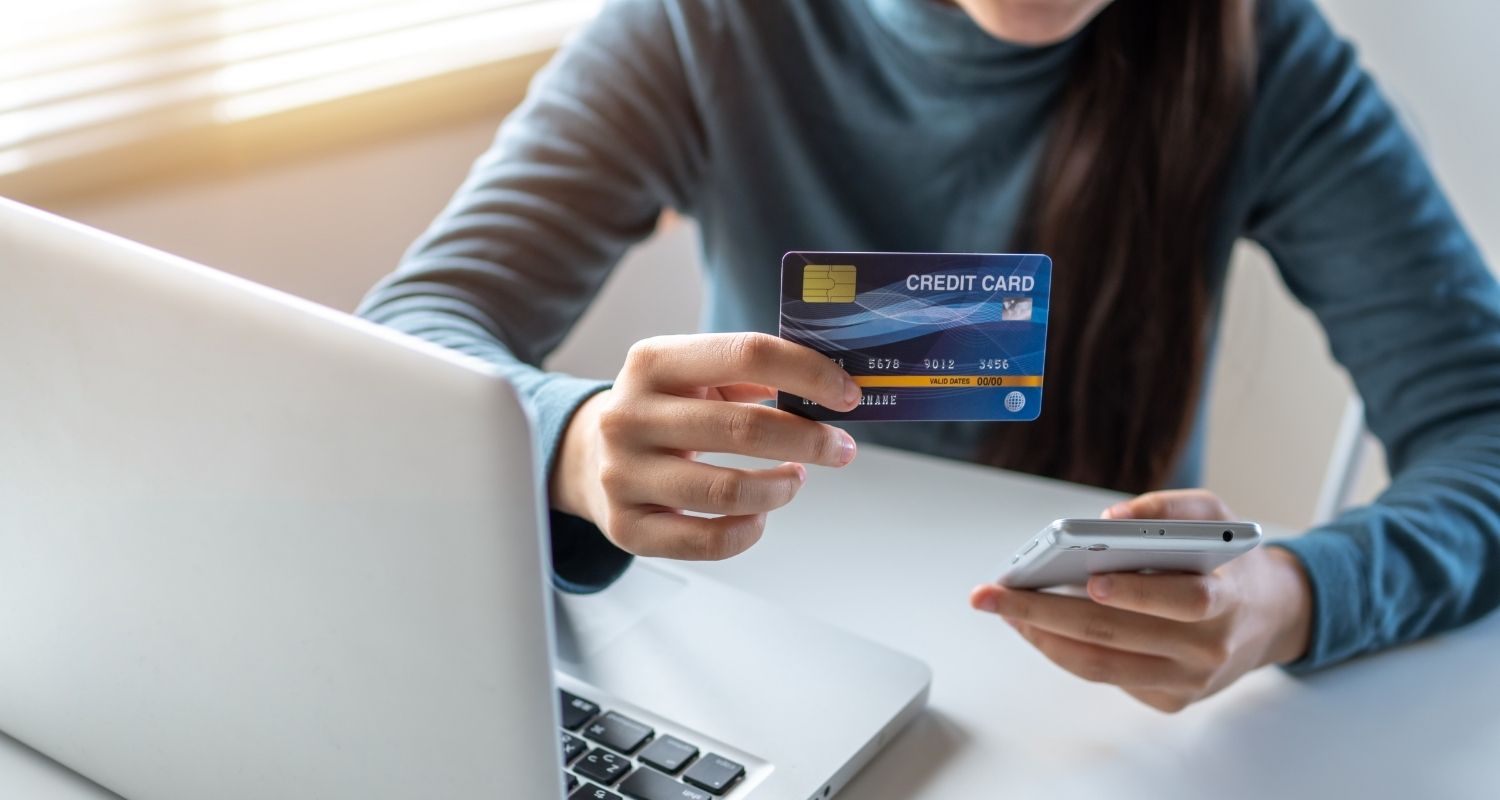

Software and Apps
Anonymous Payment Methods for VPN Services
Modified: September 5, 2024
Discover the best anonymous payment methods for VPN services. Protect your privacy and security with secure software and apps. Choose the right payment option for you.
(Many of the links in this article redirect to a specific reviewed product. Your purchase of these products through affiliate links helps to generate commission for Techsplurge.com, at no extra cost. Learn more)
Table of Contents
Understanding the Need for Anonymous Payments
Financial Privacy
Sharing sensitive financial information like credit card details or bank account numbers can compromise your anonymity.
Data Protection
Traditional payment methods might expose your financial information to third parties, undermining the purpose of using a VPN.
Legal and Ethical Considerations
In some jurisdictions, using certain payment methods might be illegal or unethical, such as using stolen credit cards.
Reputation Protection
Maintaining privacy for personal or professional reasons can be crucial. Anonymous payment methods help keep your VPN subscription private.
Traditional Payment Methods and Their Limitations
Credit Cards
- Tracking: Companies often track transactions to identify patterns and potential fraud.
- Data Breaches: Credit card information is frequently targeted in data breaches.
- Reputation Impact: Fraudulent use can negatively affect your credit score.
PayPal
- Account Linking: Requires linking a bank account or credit card, which can be traced back to you.
- Transaction Monitoring: Monitors transactions for suspicious activity, raising red flags if used anonymously.
Bank Transfers
- Account Information: Requires sharing account details, linking transactions to your identity.
- Transaction Records: Banks keep records of all transactions, including those for VPN services.
Anonymous Payment Methods
Cryptocurrencies
Cryptocurrencies like Bitcoin, Ethereum, and Monero offer decentralized transactions and pseudonymity.
- Decentralized Transactions: Recorded on a public ledger called a blockchain, but identities are not directly linked.
- Pseudonymity: Users can create wallets using pseudonyms, making it difficult to trace transactions.
- Security: Advanced cryptography secures transactions, reducing interception risk.
Maximizing Anonymity with Cryptocurrencies
- Use Multiple Wallets: Create separate wallets for different transactions.
- Avoid Reusing Addresses: Use new addresses for each transaction.
- Keep Wallets Offline: Store private keys offline in a secure environment like a hardware wallet.
Prepaid Cards
Prepaid cards offer anonymity as they do not require personal identification information when purchased.
- No Personal Information Required: Most do not require PII.
- Limited Spending Capacity: Helps manage expenses and maintain anonymity.
Using Prepaid Cards Effectively
- Buy from Untraceable Sources: Purchase from convenience stores or online marketplaces.
- Use Multiple Cards: Avoid linking them together.
Cash Payments
Cash offers the highest level of anonymity but has practical limitations.
- No Digital Trail: Ideal for maintaining anonymity.
- Limited Usefulness: Not widely accepted online.
Using Cash Effectively
- Buy Gift Cards: Purchase gift cards with cash and use those for VPN services.
- Use Cashiers with No Surveillance: Choose cashiers without surveillance cameras.
Read more: How To Set Up VPN On TP Link Router
Virtual Prepaid Cards
Digital versions of traditional prepaid cards offer additional layers of anonymity.
- No Physical Card Required: Used directly online.
- Enhanced Security: Often come with features like two-factor authentication.
Maximizing Anonymity with Virtual Prepaid Cards
- Use Public Devices: Create a secure connection when purchasing.
- Create New Accounts: Avoid linking them to your main identity.
Cash App Services
Services like Cash App or Zelle allow pseudonymous transactions.
- Pseudonymous Transactions: Send money without revealing names.
- Limited Anonymity: Still require linking bank accounts or credit cards.
Using Cash App Services Effectively
- Use Pseudonyms: Create accounts with pseudonyms or nicknames.
- Avoid Repeating Transactions: Prevent tracking by not repeating transactions from the same account.
Best Practices for Anonymous Payments
- Use Multiple Methods: Combine various anonymous payment methods for a layered approach.
- Avoid Repeating Transactions: Prevent tracking patterns by not repeating transactions from the same account or wallet.
- Keep Transactions Small: Avoid raising suspicions with large or frequent payments.
- Use Secure Devices: Ensure secure connections when making payments online, including using a VPN.
- Monitor Accounts Regularly: Check for any suspicious activity or unauthorized transactions.
- Keep Records Securely: Store transaction records securely offline.
- Choose Reputable Services: Opt for VPN services that prioritize user anonymity and security.

